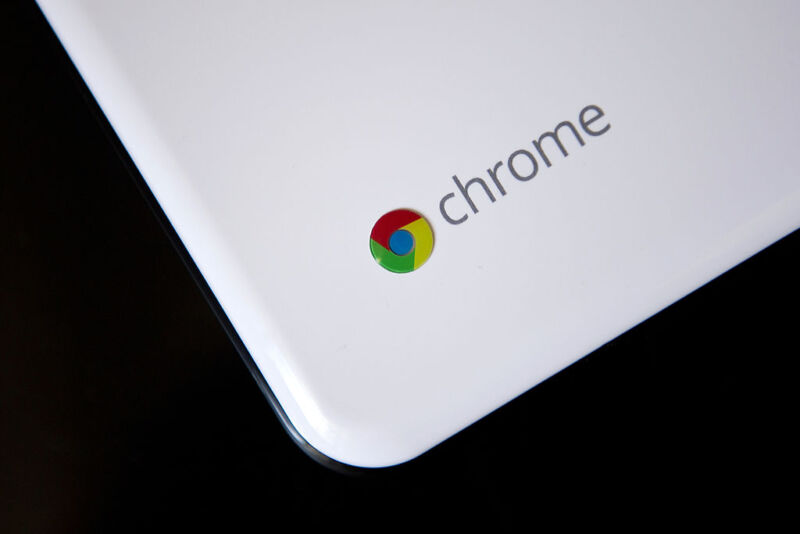
You can never have enough battery life, but keeping your device's battery at a constant 100 percent can degrade its life span. Many laptops already use artificial intelligence to control how a device uses its battery, and Chromebooks are now apparently heading down that road as well.
As spotted by 9to5Google this week, a new code change in the Chromium Gerrit references "adaptive charging" coming to Chromebooks. The change's description says the feature uses machine learning to "minimize the amount of time the device spends at full battery to preserve battery lifetime."
This system would be similar to features we've seen on higher-end Windows laptops. For example, HP's upcoming Elite Dragonfly 3 laptop will use intelligent charging, which, as the vendor puts it, "learns work patterns to optimize power consumption." It's unclear how exactly the developing Chrome OS feature would work, though. It appears that Google will allow the feature to be toggled off, and a notification will let you know when it's on.
Google already brought adaptive charging to its Pixel phones back in 2020, but the feature works differently there, relying on alarms rather than machine learning. When you activate adaptive charging on something like a Pixel 6, the phone uses your alarm settings to figure out when you'll need the phone. The device then charges slowly overnight so it can hit 100 percent battery right around when you wake up rather than sitting at 100 percent for hours. Other smartphones have similar features.
It's unclear whether adaptive charging for Chrome OS would be limited to Google's own Pixelbook Chromebooks.
Chromebooks may borrow the Pixel’s battery-preservation trick - Ars Technica
Read More

No comments:
Post a Comment